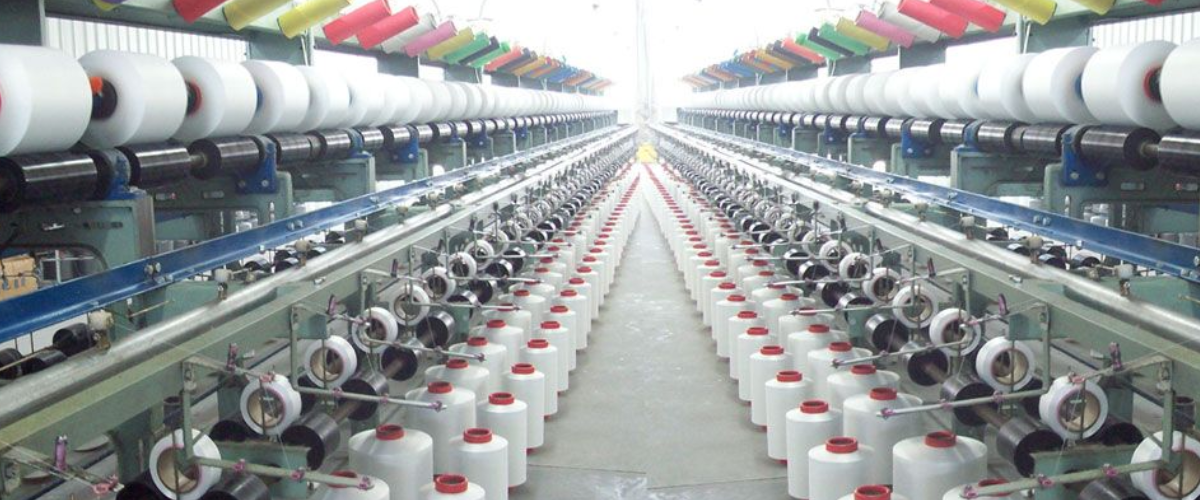Achievements of the BEE-SME programme till FY 2018-19
During FY 2015-16 to FY 2018-19, under SME programme various initiatives as described below, to boost energy conservation in the SME clusters covered under the BEE-SME programme. These initiatives targeted some of the key SME sectors including food processing, forging,
Green Buildings Could Save Our Cities
As the world’s urban population expands, architects and planners are mapping out ways to make cities more sustainable. Cities produce a vast amount of emissions and waste, putting a strain on both human and ecological health. But our buildings themselves
Energy efficiency cuts carbon from buildings
With the highest efficiency standards, countries can cut household carbon emissions at no cost to consumers—and achieve the UN’s climate goals. Massive savings in carbon emissions are possible worldwide if governments adopt the highest energy efficiency standards for lighting and other
BEE: Raising AC setting by 1° can save 6% power
Increasing the air-conditioner temperature setting by just 1 degree Celsius can save about 6 per cent of electricity consumption, according to the Bureau of Energy Efficiency. A BEE statement said that typically the temperature is set at 20-21 degree Celsius, whereas,
Achievements of the GEF – WB – BEE programme till 2017
Overall, the project has created confidence among MSMEs, local banks and energy efficiency technology companies for carrying out energy efficiency projects in the SME sector. DPRs, Best Operating Practices, Common Monitorable Parameters and Case Studies were prepared for the selected
Achievements of the GEF – UNIDO – BEE programme till 2017
Energy Management Centres has been established under this project in 12 clusters, which in turn are be helpful to make regular energy audits in the SME units and capturing the potential of energy saving opportunities in the clusters. The
Achievements of the BEE-SME programme till March 2017
a) Technological gap analysis and Strengthening of LSPs – The above activities lead to preparation of 375 Technology specific bankable DPRs enlisting energy efficiency technologies, which were identified through a technology gap assessment study conducted in 35 energy intensive SME







